Blue Orchid Massage
|
The human body is so complex, with each year we have a better understanding of it's many mysteries. The 21st century has been no different and researchers have made amazing new discoveries about the body! 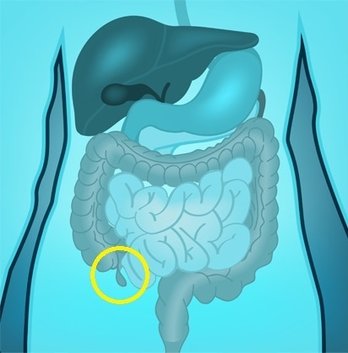 APPENDIX It has long been thought that the appendix was useless, having lost its functions millions of years ago, but according to researchers at Duke University Medical Center, the appendix is very useful for the bacteria in your digestive system. They found that the appendix acts as a “safe house” for good bacteria, allowing you to reboot your gut following a bout of gastrointestinal illness. One of the most convincing pieces of evidence comes from a 2012 study, which found that patients without an appendix were four times more likely to have a recurrence of Clostridium difficile colitis (C.diff) Researchers at Midwestern University gathered data on the presence or absence of the appendix on 533 mammal species over the past 11.244 million years. They found that once the organ appeared, it almost never disappears, leading researchers to reject the hypothesis that the appendix is a vestigial organ (an organ that has lost it’s function over time.) 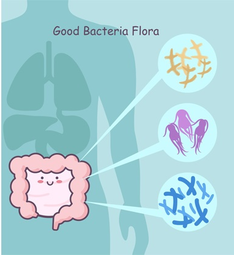 Gut bacteria The microbes in your gut will affect whether you develop gut diseases like infectious colitis or inflammatory bowel disease, but a growing body of research suggests that gut bacteria may influence much more than just digestion. Studies have found that obese people have less diversity in their gut flora and increases or decreases in certain groups of bacteria have been linked to obesity. In 2013, a Washington University study of twins, where one was lean and the other obese, was conducted. When gut bacteria from the twins were introduced to mice, the ones with the obese bacteria put on weight, while the lean bacteria mice stayed lean. One study found that approximately 90% of the body’s serotonin is made in the digestive tract. Cultivated by certain bacteria in the gut, a lack of this peripheral serotonin could affect mental health. Other studies suggest that the health of your gut bacteria may affect brain function, depression, anxiety, cardiovascular disease, osteoporosis and cancer. 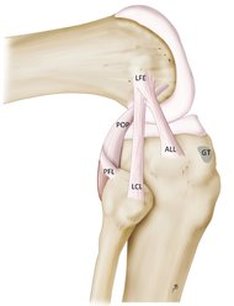 New Knee ligament In 2013 two knee surgeons in Belgium announced they had found a new ligament in the knee. Positioned at the front portion on the outside of the knee, they named it the anterolateral ligament (ALL). While some surgeons had noted that a ligament seemed to exist there, no one named or systematically studied it. In 1879, French surgeon Paul Segoned first observed that in addition to the four structural knee ligaments, other ligaments must exist or the knee would not be stable. During dissection he noticed a “pearly, resistant fibrous band” originating on the outside, front part of the thighbone and continuing to the shinbone. He believed that this was the stabilizer ligament preventing the knee from collapsing inwards. However, he never named it and its existence was either ignored or forgotten. The presence of this band could help better understand and treat the most common sports injury worldwide - the anterior cruciate ligament (ACL) tear. 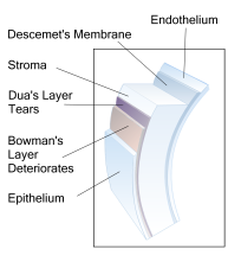 A New Layer in the Eye Professor Harminder Dua discovered a new layer in the human eye. Named the “Dua’s Layer", it is located in the back of the cornea between the corneal stroma and the Descemet’s membrane. Measuring only 15 microns thick, it’s an extremely strong layer that is impervious to air. The discovery means that ophthalmology textbooks will have to be re-written. 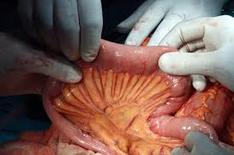 Mesentery Previously thought to consist of fragmented and disparate structures, in 2012 scientists found that it is one continuous organ. Known as the mesentery, it spans the length of the upper small intestine to the end of the large bowel. The mesentery attaches your intestine to the wall of your abdomen, keeping everything in place. Leonardo da Vinci first depicted it as one continuous organ and it remained that way until 1885, when Sir Frederick Treves presented findings stating that the mesentery was fragmented among the small and large intestine. While its specific function is still unknown, recognizing it as it’s own organ could lead to new discoveries about its role in abdominal diseases. Blue Orchid Massage
Comments are closed.
|
Heather McNay
I've been a Licensed Massage Therapist since 2006. In my free time I enjoy hiking with my husband and dog. I also have a passion for cooking, baking and gardening. Archives
August 2022
Categories |
Proudly powered by Weebly
 RSS Feed
RSS Feed